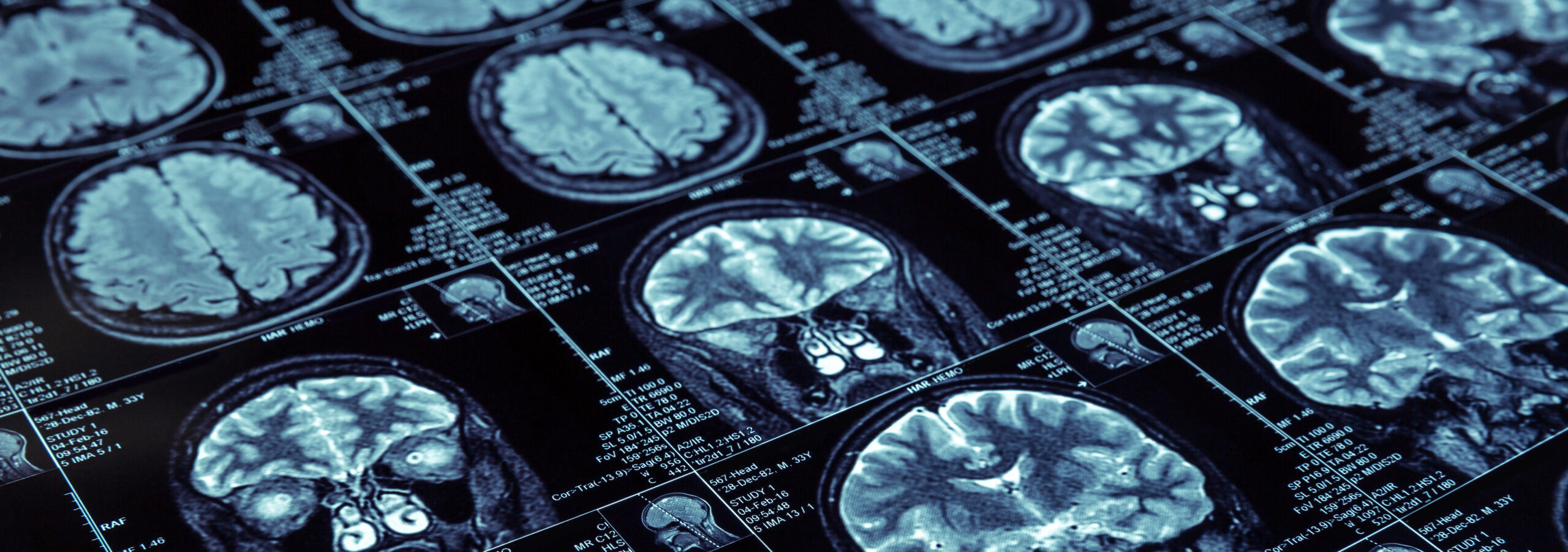Fellowships
Our fellowship is designed to produce knowledgeable, well-rounded neuroradiologists who excel in meeting the demands of a busy clinical practice, while also being able to succeed and flourish in an academic setting. Fellows rotate regularly through clinical services at the main hospital campus and at our nearby outpatient imaging center, with dedicated exposure to all core aspects of diagnostic neuroimaging, including brain imaging; pediatric neuroimaging; head and neck imaging; spine imaging; and vascular interventional neuroradiology. In addition, fellows gain ample exposure to advanced imaging techniques, including functional MRI, DTI, MR spectroscopy, MR vessel wall imaging, and perfusion CT and MR. Fellows actively participate in image interpretation and image-guided procedures and participate in several regular multidisciplinary conferences. The clinical experience is further supplemented with regularly scheduled didactic and educational conferences, including a dedicated fellow lecture series and regular case conferences, including weekly pediatric neuroradiology conferences. Finally, we endeavor to give our fellows the flexibility to tailor their experiences with plenty of academic and elective time available to them throughout the year. Ample research and global health opportunities are also available for interested candidates.
- Brain imaging (13 weeks)
- ENT imaging and procedures (13 weeks)
- Spine imaging (13 weeks)
- Flex time (9 weeks)
Work days in all of the core clinical services (Brain, ENT, and Spine) include significant daily exposure to pediatric neuroimaging cases (including neonatal ultrasound and fetal MRI), which on average account for approximately 15-20% of the total volume interpreted by fellows.
Flex time can be tailored to each individual fellow’s interests and may be used for activities including: neurointerventional radiology, meeting attendance, academic time for research or other scholarly activities, and various other electives. Electives can be taken within the Neuroradiology Division or with any of the other divisions in the Department of Radiology (thoracic imaging, musculoskeletal imaging, nuclear medicine, PET/CT, pediatrics, interventional radiology, cardiovascular imaging, breast imaging, and GI/GU imaging) or other select departments at UNC, including the departments of Neurology, Neurosurgery, Otolaryngology/Head and Neck Surgery, Anesthesiology (Pain Management), and Pathology.
A limited number of second-year fellowship positions are also available to qualified individuals. Second year fellows continue to rotate through clinical services but are afforded additional academic, elective, and meeting time.
We have access to ten clinical MRI scanners including seven 1.5T and three 3T magnets. One of our upcoming 3T scanners is equipped with a dedicated 64 channel high-resolution head and neck coil. In addition, our Biomedical Research Imaging Center houses 3T and 7T MR/PET units. We have a high-volume MRI service coveringthe entire spectrum of neurological diseases, including inflammatory/demyelinating conditions, infections, neuro-oncology, congenital brain malformations, neurodegenerative, and vascular pathology, among others.
CT
We have ten CT scanners ranging from 64 to 128 detectors (including two dual energy units), one cone beam CT scanner dedicated to head and neck imaging, and three combination PET/CT scanners. In addition, we have acquired a state-of-the-art photon counting CT unit that is being installed in our main hospital in the coming months.
US
There are 13 ultrasound machines, including Siemens S3000, Ge LogiqE9 and Philips IU 22 with state-of-the-art software, including pulse inversion harmonics, contrast-enhanced ultrasound experiencs, elastography and 3D. In addition to image interpretation, ultrasound-guided procedures are performed on this service. We perform approximately 150-200 guided thyroid and lymph node biopsies each year.
GI/GU
There are 6 digital fluoroscopy rooms in our main hospital. On this rotation, fellows perform and supervise inpatient and outpatient genitourinary and gastrointestinal fluoroscopic procedures and interpret abdominal plain films.
In addition to clinical research taking place on the hospital side, there are numerous ongoing research projects and opportunities at the UNC Biomedical Research Imaging Center (BRIC). The BRIC was formed in 2005 to support image-based biomedical research across the UNC System and is a statewide resource serving researchers across the state of North Carolina in a central facility that handles the acquisition, processing, analysis, storage, and retrieval of images. The center is located one block south of the UNC Hospital building and houses both human and animal imaging equipment, including a 7T whole-body MRI, multinuclear capable 3T MRI, PET/MRI, cyclotron, and a full complement of small animal imaging modalities.

